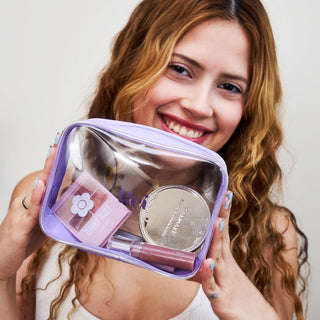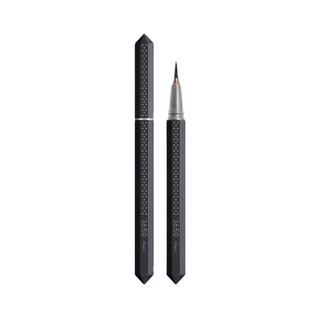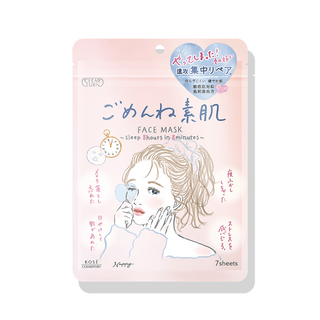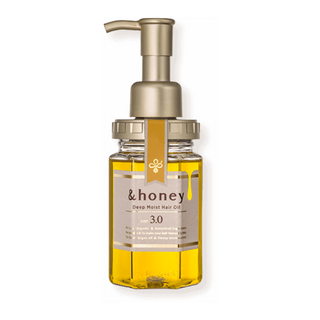If there's one product we get asked about the most, it’s Japanese sunscreen. And it’s no wonder - brands like Anessa, Allie, Biore, and Skin Aqua are legendary across Asia for their incredibly lightweight, non-greasy formulas that feel more like skincare than traditional sunscreen. These products offer high-performance UV protection without the white cast, heaviness, or stickiness that many U.S. sunscreens are known for. So, why don’t we carry them?
U.S. Regulations on Sunscreen
In the United States, sunscreens are classified as over-the-counter (OTC) drugs, not cosmetics. That means any brand looking to launch a new sunscreen here must go through a rigorous and costly FDA approval process—one that can cost millions and take years to complete.
There is a workaround: brands can use ingredients listed in an existing FDA monograph (essentially a pre-approved list). But here’s the catch—the current monograph hasn’t had a meaningful update since 1999. While a proposal to modernize these guidelines was introduced in 2021, progress has been slow. As of now, only two ingredients—zinc oxide and titanium dioxide—are officially recognized as safe and effective. Meanwhile, 12 other common sunscreen ingredients remain under review.
What Asia and Europe Are Doing Differently
In contrast, Japanese, Korean, and European markets have moved forward with new-generation UV filters that offer excellent broad-spectrum protection and better cosmetic feel, but which aren’t yet approved in the U.S.
Japan has also led innovation in combining mineral and chemical filters, and refining particles to eliminate the chalky white cast that mineral sunscreens often leave behind. Many of these formulas are also reef-safe, avoiding ingredients like oxybenzone that can harm marine ecosystems.
Some Japanese brands do create “U.S. versions” of their sunscreens, but these are essentially different products reformulated to comply with U.S. regulations and often lack the features that make the original versions so beloved.
What We’re Doing Instead
At Rei Cosmetics, we’ve chosen to carry Japanese makeup and skincare products that often include sun-protective ingredients. These are the same formulas sold in Japan with some minor tweaks in packaging, and while we can’t officially market them as “sunscreen” due to U.S. labeling laws, they can still play a role in your daily suncare routine.
In Japan, sun protection is often seamlessly integrated into skincare and makeup, making these products both multifunctional and effective. Think of them as part of a holistic approach to skin health rather than a direct replacement for sunscreen.
How You Can Still Get Your Hands on Japanese Sunscreens
If you’re set on trying the original Japanese sunscreens, your best bet is to pick some up while traveling in Japan—they’re widely available in drugstores, convenience stores, and even airport shops. Alternatively, you can ask a friend or family member to bring some back.
You might also find international retailers that ship to the U.S., but please note that ordering sunscreen from abroad may technically violate U.S. regulations and carries some risk. Products could be held up at customs or not arrive at all.
Looking Ahead
We’re hopeful that someday, a forward-thinking Japanese brand will take on the challenge of FDA registration and bring authentic Japanese sunscreens to the U.S. market the right way. If that sounds like you or someone you know, we’d love to talk.
Until then, we’ll continue to bring you the best of Japanese skincare and makeup that fits within U.S. guidelines, while keeping an eye on how sunscreen regulation evolves.
